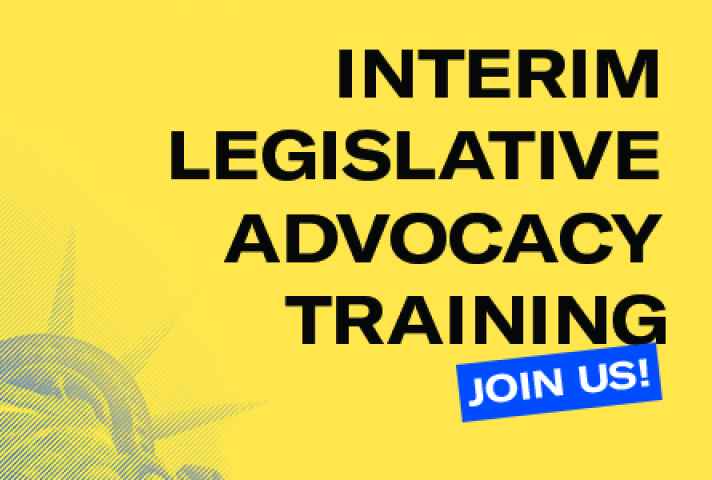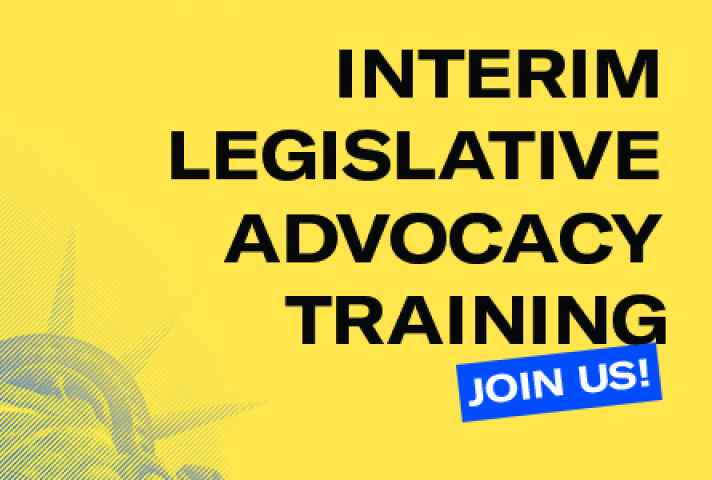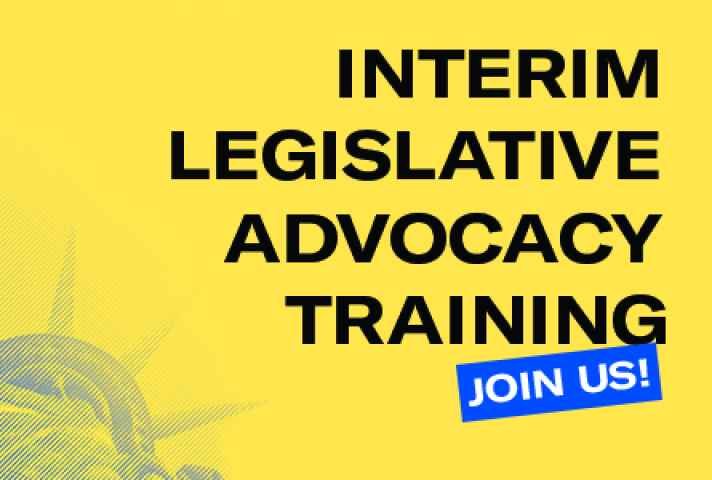This year, we’re doing our annual meeting in three cities and on one state-wide webinar. You will hear from ACLU of NM trainers about some of the most pressing issues facing our state. We’ll tell you how you can lead the fight to protect and advance access to reproductive healthcare, ban the use of solitary confinement on vulnerable populations, and push back on Trump’s efforts to further criminalize people of color, poor people, and people living with mental illness.
Event Date
Tuesday, June 5, 2018 - 6:00pm to7:30pm
Featured image


